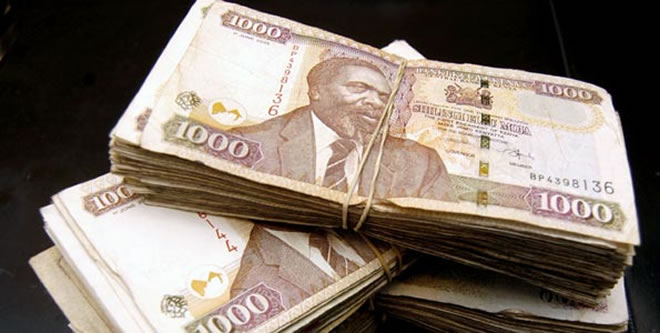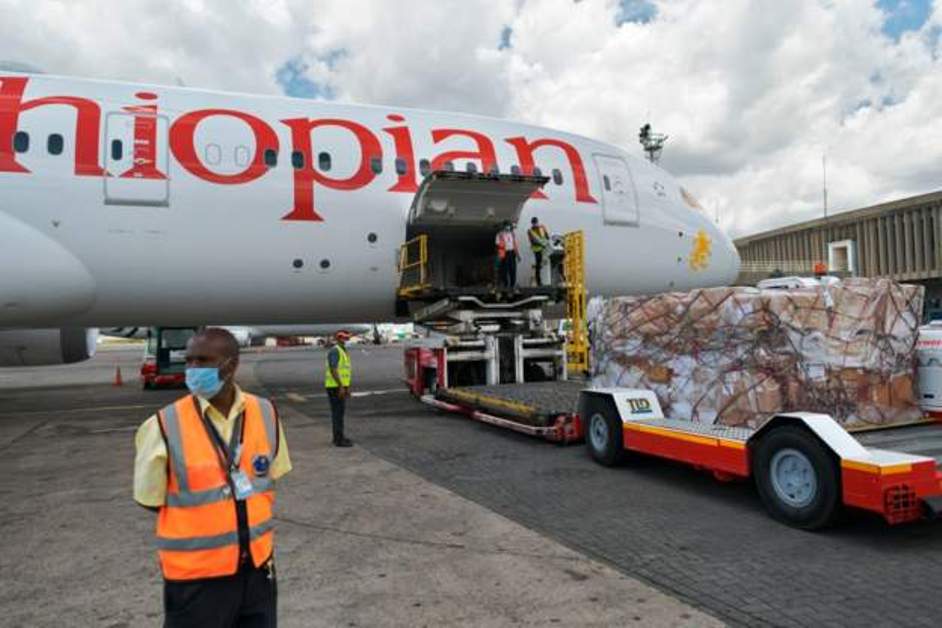The Kenyan shilling has for the first time crossed the Sh119 mark against the dollar.
The Kenyan shilling has for the first time crossed the Sh119 mark against the dollar, triggering costly imports and higher international debt repayments ahead of Tuesday’s general elections.
Central bank of Kenya (CBK) data shows the shilling traded at 119.13 units against the bullish dollar on Monday.
The Kenyan currency has been on the back foot since mid-May last year when it stood at Sh106.40 on the combination of weak inflows and strong dollar demand across sectors.
The shilling has depreciated 1.47 percent since the beginning of the year and analysts project worse performance in the coming weeks due to post-election jitters as well as runaway oil prices.
“Looking ahead, the currency is set to continue losing ground against the USD on the back of election-related uncertainty, a wide current account deficit and eroded foreign exchange reserves,” analysts at Barcelona-based FocusEconomics wrote in a report.
A depreciating shilling means that importers will be spending more on bringing in goods such as petroleum products and raw materials for factories, raising the cost of inputs for firms that normally pass the additional expenses to consumers.
The volatile shilling also looks set to increase electricity prices through higher forex levy on power bills, reflecting the impact of the strengthening dollar on household budgets.
Exporters of agricultural products such as tea, coffee and horticulture who are largely paid in dollars are however set to benefit from the weakening of the Kenyan currency as they will end up earning more.
Official data shows imports rose 20.87 percent year-on-year to Sh194 billion in January compared to an 11.21 percent rise in exports to Sh60.41 billion.
Kenyans receiving money from relatives abroad are also counting forex gains on the greenback which they exchange for shillings before spending locally.
-Business Daily





